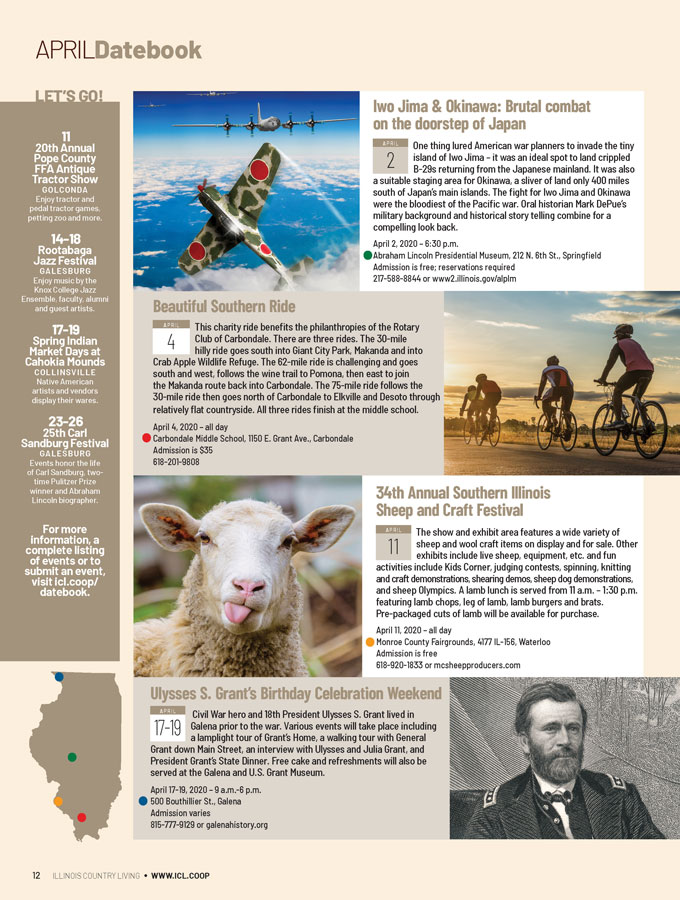A bipartisan group of congressional leaders revived NRECA’s top legislative priority by reintroducing a bill that could save electric cooperatives more than $10 billion in interest payments on their federal loans.
Lawmakers hope to insert the Flexible Financing for Rural America Act into a sweeping economic recovery and infrastructure investment package that Congress develops later this year. The bill would allow electric co-ops to reprice loans from the U.S. Department of Agriculture’s Rural Utilities Service (RUS) at current low interest rates without being hit with prepayment penalties.
The bill is key to help co-ops recover from the economic battering brought on by COVID-19. The pandemic tanked demand for electricity by commercial and industrial co-op members struggling to survive downturns in the oil, agricultural and tourism industries. It also left many residential consumer-members unable to pay electric bills because of lost jobs and other financial hardships.
“Many electric co-ops and their consumers are hurting as COVID-19 continues to bring health and financial hardships to rural communities,” said NRECA CEO Jim Matheson. “Congress can provide substantial relief to millions of electric co-op members simply by letting co-ops do what other businesses already can do—refinance their debt at today’s low interest rates without a prepayment penalty. Every dollar co-ops save means more money in consumers’ pockets.”
NRECA estimates that about 500 co-ops could realize a total net savings of $10.1 billion from repricing $42 billion in direct and guaranteed RUS loans. An average co-op with typical RUS debt could save $2 million a year.
Lawmakers who are championing the bill say that co-ops’ financial stability is crucial to rural America.
Source: Erin Kelly, NRECA






